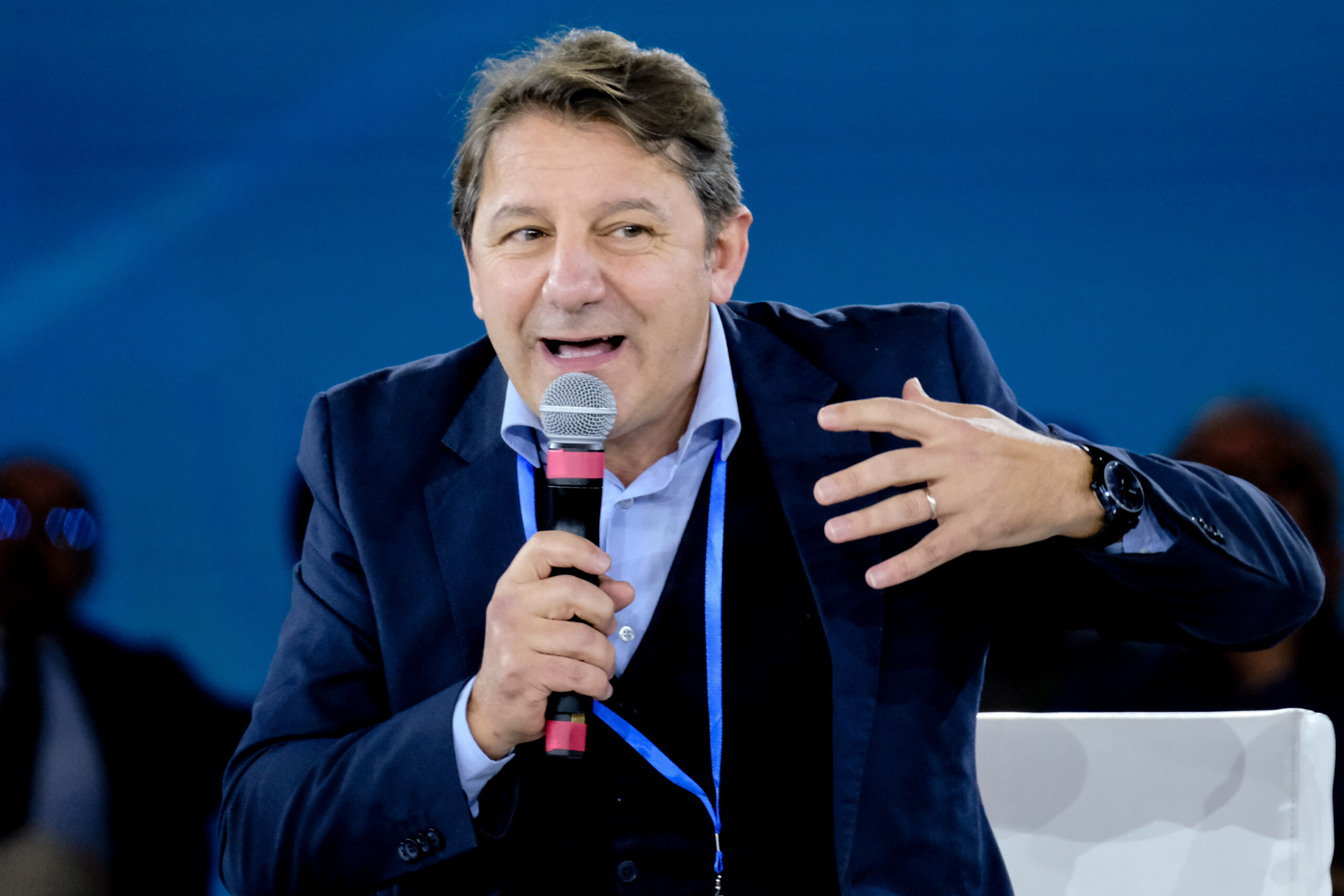Naples, Sept. 16 (LaPresse) – "For the first time, Calabria has been a laboratory. So much so that after us, agreements have also arrived in other regions." This is what Pasquale Tridico, center-left candidate for the regional elections in Calabria, said in an interview with Qn. In Calabria, Tridico explains, "there was serious dialogue, ten clear program points were defined, and a broad convergence on the candidate’s name was created. At that point, I accepted." Tridico hopes for Calabria "a new spring, like what happened in Naples and Puglia. Now it’s our turn, the next step is to finally federate the South. Where to start? From common points: fighting the mafias, culture, universities, industrial policies. And above all, connections are needed. Today, the shortest way to get to Bari from Reggio is a plane to Milan."
"There is the indignation that moved me as a Calabrian," continues the candidate for the presidency of the Calabria Region. "Occhiuto did a 'Papeete' like Salvini: he resigned in the middle of summer, trying to divert attention from his troubles and hoping to find the center-left and M5S unprepared," Tridico adds. On healthcare, the center-left candidate in Calabria notes that "Occhiuto had full powers over healthcare, as president and commissioner, and was complicit with Scopelliti, who in 2011 closed 18 hospitals. Our healthcare system is like that of a developing country. Bare bones departments, shortage of doctors, people dying because ambulances don’t arrive: 4 in recent months. The situation is worsened by the monstrous bill paid to the regions that receive patients who can’t get treated here. But healthcare is public: Calabrians pay for it too."
Regarding the proposal for a regional dignity income, Tridico explains: "As an economist, I have studied inequality and poverty for years. Here, one in two inhabitants is at risk of poverty. It’s the highest figure in all of Europe. Today, the inclusion allowance benefits the disabled, minors, and the elderly, but a 58-year-old employable person without a job continues to starve. I have proposed to combine inclusion projects with active labor policies, from education to the reintegration of employable people, in cultural projects, internal areas, archaeological sites. This way it will be possible to use EU funds."
© Copyright LaPresse


